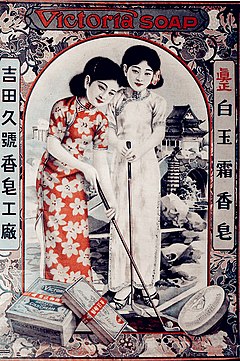“Retard” and other disability-insults.
The word "retard" possessed dual meanings for a long time. First used as a term for intellectual disability in 1788, the word took on a pejorative sense in the 1970s. For thirty years the two meanings curiously co-existed. Universities had "Mental Retardation and Developmental Disability" Departments and students who drunkenly called one another 'retards' for lobbing bad beer-pong balls, and the two existed in tandem. But once medical and social service experts finally disavowed the word 'retard', it vanished from official usage with amazing swiftness. The Special Olympics ceased using the 'r-word' in 2004, initiating the trend. In 2006, the (former) American Association of Mental Retardation changed its name to the American Association on Intellectual and Developmental Disabilities. By 2008, Special Olympics turned the abolishment of 'retard' into a full-time effort and launched R-word.org. The site protested the derogatory use of 'retard' (including a protest campaign against the 2008 film Tropic Thunder, which featured a lengthy discussion on 'retard' roles in film). Special Olympics and R-word.org also pushed for their fellow disability-service organizations to drop the term. In 2010, 'retard' was legally banished from the professional lexicon. On October 5 of last year, Obama signed "Rosa's Law", which banned the use of "retard" in all federal health, education, and labor policy. "Intellectual disability" and "developmental disability" became the approved nomenclature. Non-federal organizations followed hastily: in Ohio, Google directs you to the "Department of Mental Retardation and Developmental Disabilities", but the website itself has already been scrubbed of the R-word(even if the url still has the dreaded 'r' in it). It's official: 'retard' has no place in formal usage. Once a medical term for someone with an intellectual disability, it lives now only as an insult. One that means, roughly, unintelligent. Like moron, which began as medical terminology for one with a mental age of 8 to 12. Or imbecile, which meant 'a mental age of 6 to 9'.


